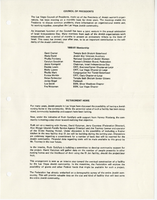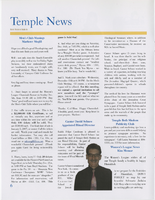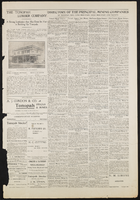Search the Special Collections and Archives Portal
Search Results
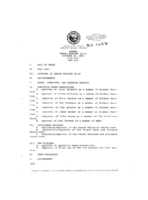
Meeting minutes for Consolidated Student Senate University of Nevada, Las Vegas, October 25, 1990
Date
1990-10-25
Archival Collection
Description
Includes meeting agenda and minutes. CSUN Session 20 Meeting Minutes and Agendas.
Text
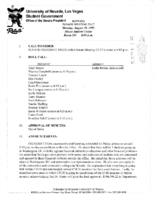
Meeting minutes for Consolidated Student Senate University of Nevada, Las Vegas, August 28, 1995
Date
1995-08-28
Archival Collection
Description
Includes meeting agenda and minutes. CSUN Session 25 Meeting Minutes and Agendas.
Text
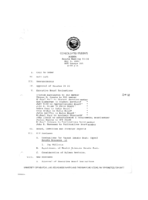
Meeting minutes for Consolidated Student Senate University of Nevada, Las Vegas, May 9, 1985
Date
1985-05-09
Archival Collection
Description
Includes meeting agenda and minutes.
Text

Meeting minutes for Consolidated Student Senate, University of Nevada, Las Vegas, March 10, 2000
Date
2000-03-10
Archival Collection
Description
Includes meeting minutes and agenda. CSUN Session 30 (Part 1) Meeting Minutes and Agendas.
Text
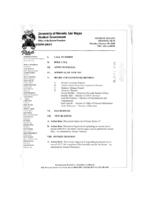
Meeting minutes for Consolidated Student Senate, University of Nevada, Las Vegas, October 30, 2000
Date
2000-10-30
Archival Collection
Description
Includes meeting minutes and agenda, along with additional information about letters. CSUN Session 30 (Part 2) Meeting Minutes and Agendas.
Text
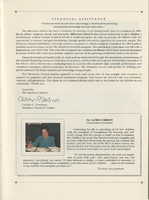
Program from event at Treasure Island at the Mirage, Tenth Anniversary Scholarship Benefit for the Meadows School, May 20, 1994
Date
1994-05-20
Archival Collection
Description
The "Presidential Evening" event at Treasure Island was held to raise funds for the Nat Hart Scholarship Endowment Fund and General Scholarship Fund for the Meadows School in Las Vegas.
Text
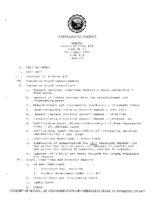
Meeting minutes for Consolidated Student Senate, University of Nevada, Las Vegas, August 09, 1983
Date
1983-08-09
Archival Collection
Description
Includes meeting agenda and minutes. CSUN Session 13 (Part 2) Meeting Minutes and Agendas.
Text
Pagination
Refine my results
Content Type
Creator or Contributor
Subject
Archival Collection
Digital Project
Resource Type
Year
Material Type
Place
Language
Records Classification

